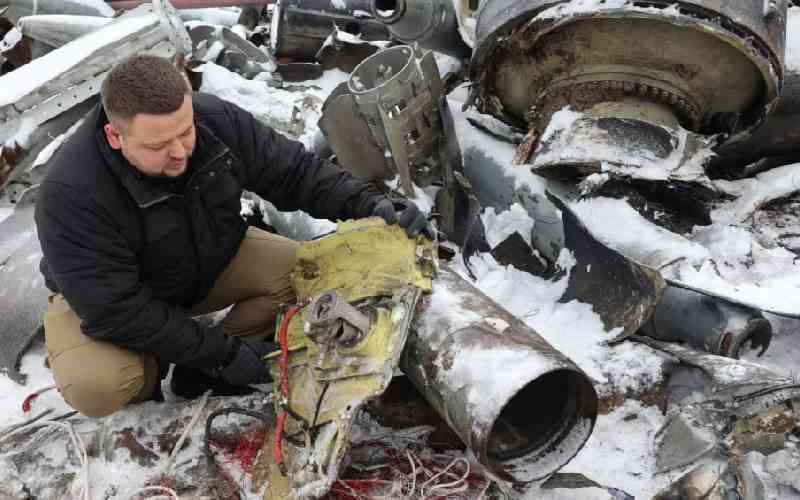×
The Standard e-Paper
Join Thousands Daily

Russia's military cooperation with North Korea to further its war in Ukraine is drawing international condemnation, including at the U.N. Security Council, where Russia is a permanent member.
U.N. Security Council members Britain, France, Japan, Malta, South Korea, Slovenia, and the United States, plus Ukraine, on Wednesday condemned three waves of deadly airstrikes by Russia on December 30, January 2 and 6.